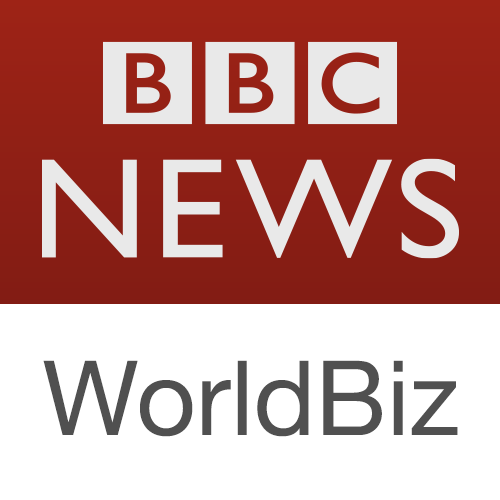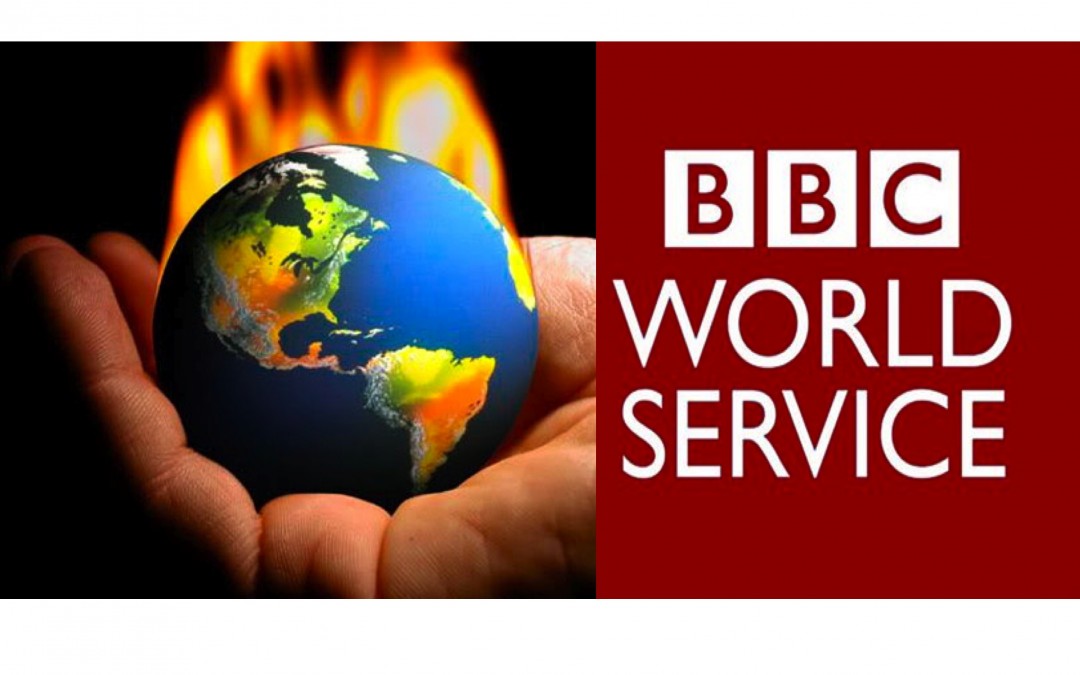By Alison van Diggelen, host of Fresh Dialogues
News that the Koch Brothers are planning to raise almost a billion dollars in the run up to the 2016 Presidential election is sending shock waves through U.S. politics. The Kochs are closely linked to the Heartland Institute, an organization described by the BBC’s former environment correspondent, Richard Black as follows:
To itself, it’s a think-tank; to critics, it’s a lobby group, paid to oppose regulation on a number of fronts – including climate change. It’s probably most notable (or notorious) for holding an annual “climate-sceptic” conference in Washington DC.
On the other side of the climate arena is Tom Steyer, a self-made billionaire who launched Next Gen Climate, a Super PAC with the following mission:
“Working at every level, we are committed to supporting candidates, elected officials and policymakers across the country that will take bold action on climate change—and to exposing those who deny reality and cater to special interests.”
Steyer put $74 Million into the 2014 elections, targeting Republican candidates who reject climate science.
 Last week, I joined Roger Hearing, host of BBC’s Business Matters to discuss the influence of big money in US politics and the Koch brothers in particular. Hearing talked to Andy Kroll a senior writer at Mother Jones about his insightful article, “The Koch Brothers Raised $249 Million at Their Latest Donor Summit” (@26:30 on the BBC podcast).
Last week, I joined Roger Hearing, host of BBC’s Business Matters to discuss the influence of big money in US politics and the Koch brothers in particular. Hearing talked to Andy Kroll a senior writer at Mother Jones about his insightful article, “The Koch Brothers Raised $249 Million at Their Latest Donor Summit” (@26:30 on the BBC podcast).
Here is a transcript of our conversation. It has been edited for clarity (starts @35:00 above, 32:00 on the BBC podcast)
Roger Hearing: What do you think is the effect of money in this scale – we’re talking a pretty massive scale – on US politics?
Alison van Diggelen: It is massive and it seems to be growing. It’s a little bit scary. I can assure you, because I cover climate change, I’m very aware of the Koch brothers. They’re secretly funding climate denial, basically a climate denial machine…
Hearing: Can you explain that?
van Diggelen: They have been funding various foundations with wonderful names that you’d think you would get behind, like the Heartland Institute. But what the Heartland Institute spends most of its time doing is pulling apart real scientists’ studies and reports; and trying to undermine them….scientist by scientist, report by report, trying to undermine the credibility of the scientist or the report.
Hearing: I guess they say they’re putting their money behind different views, airing views that are perhaps not mainstream?
van Diggelen: That’s the interesting thing. There’s a huge difference between what people think about climate change in America versus in Europe and the rest of the world. I think, for the rest of the world, it’s a done deal, it’s an accepted truth. But here an America, and I think a lot of people would agree with me on this, the Koch brothers’ machine of climate denial has helped muddy the waters so a lot of people aren’t quite sure, especially if you look at Republican candidates, a lot of them talk about “the science isn’t a hard fact.” They’re wary of actually admitting that there is such a thing as global warming going on.
Hearing: Alison, are there any moves to…we heard that there was a case some time back going to the Supreme Court…where there was an attempt to try to clear the position as far as money and politics were concerned. Is there any renewed attempt, ahead of the 2016 election to try to restrict in any way how much money can be put into the campaign?
van Diggelen: Not that I’m aware of. There seems to be the dominance of the 1% here in the US. They’re influencing what is happening in the US in four ways: through policy, courtroom decisions, TV ads, and the education system. They seem to be unfettered in their ability. Perhaps the court case you were referring to is Citizens United? But that effectively gave more power to these political action committees and allowed them to create dark money groups where they’re not actually declaring where the money is coming from. It’s all rather doom and gloom.
Hearing: We talked there about the Koch brothers, and they tend to be backing Republican candidates…but where you are, around Silicon Valley there are a large number of very wealthy individuals who have quite a liberal outlook and could deploy their money there. Similarly people in Hollywood. Does that happen too?
van Diggelen: It is happening. The person of note is Tom Steyer. He’s a San Francisco, former money man, who’s now putting a lot of his millions into an organization called NextGen Climate. They are getting involved in politics and they are targeting mostly Republican candidates, those that are rejecting climate science. I’m all in favor of that: exposing these people with their crazy science ideas…
Hearing: But that’s big money too…
van Diggelen: I agree. That is big money but it’s a drop in the bucket compared to what the Koch brothers are able to leverage from the other side. Tom Steyer has the science behind him and to be honest, it’s shameful that big money from the Koch brothers is being used to fund this anti-science and impact not just America, but the rest of the planet
Hearing: Although the people you’re talking about are trying to put big money in the other side.
van Diggelen: Yes, but I think they’re just trying to make things clear. Science is science. They’re trying to expose the truth of the science and the lies of the anti-science.
Hearing: We’ll leave the argument there. It’s an interesting one…
More from the BBC’s Richard Black story:
“The Heartland Institute is largely behind the Nongovernmental International Panel on Climate Change (NIPCC), a project that purports to mirror the Intergovernmental Panel on Climate Change (IPCC) by producing reports downplaying the extent of global warming as well as the involvement of greenhouse gas emissions in producing it.”
Read more from Coral Davenport in the New York Times re a January 2015 US Poll on Climate Change
“Although the poll found that climate change was not a top issue in determining a person’s vote, a candidate’s position on climate change influences how a person will vote. For example, 67 percent of respondents, including 48 percent of Republicans and 72 percent of independents, said they were less likely to vote for a candidate who said that human-caused climate change is a hoax.”
Correction: I mistakenly called the Heartland Institute, the Heritage Foundation during the interview. The transcript has been adjusted to correct this error. The Koch brothers are known to be contributors to the Heartland Institute, via their family foundations, as verified by the Center for Media and Democracy.




